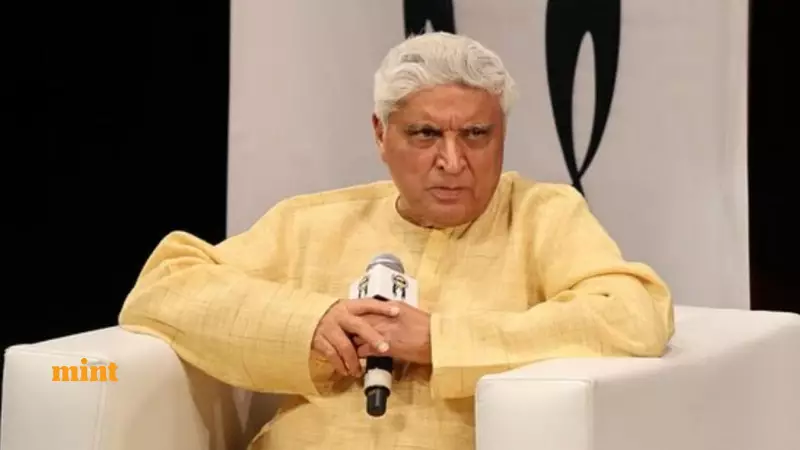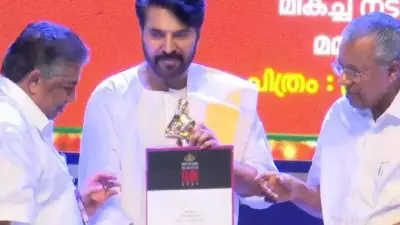
Veteran lyricist and screenwriter Javed Akhtar took to social media to deliver an impromptu history lesson when a user attempted to draw parallels between Mughal rule in India and Jewish people. The exchange has since gone viral, sparking widespread discussion about historical accuracy and social media discourse.
The Controversial Comparison That Sparked the Debate
It all began when a social media user made a contentious comparison between the Mughal Empire's historical presence in India and Jewish communities. The user's post suggested a similarity between the two historical contexts, prompting Akhtar's sharp rebuttal.
Akhtar's Historical Correction
Never one to mince words, the celebrated writer responded with factual precision. "The comparison is historically inaccurate and misleading," Akhtar stated, clearly distinguishing between the two distinct historical narratives.
He elaborated that while the Mughals were "rulers who established an empire in the Indian subcontinent," Jewish people have historically been "a community that faced persecution and displacement across various regions." The fundamental difference, as Akhtar pointed out, lies in the nature of their historical experiences—one of political dominion versus one of diaspora and survival.
The Viral 'Go Back to School' Moment
The most memorable part of Akhtar's response came when he advised the user to "go back to school" for a proper history education. This phrase immediately caught fire across social media platforms, with many users applauding the veteran writer for standing up for historical accuracy.
Social Media Reactions and Support
The online community largely rallied behind Akhtar's position, with numerous historians and educated users joining the conversation to support his factual corrections. Many praised the lyricist for using his platform to educate and correct misinformation, while others appreciated his no-nonsense approach to setting the record straight.
Why Historical Accuracy Matters in Public Discourse
This incident highlights a growing concern about historical misinformation spreading through social media platforms. As public figures like Akhtar engage in these corrections, it underscores the importance of:
- Fact-checking before sharing historical comparisons
- Understanding context and nuance in historical narratives
- Recognizing the responsibility of public figures in educational discourse
- Maintaining accuracy in cross-cultural historical discussions
The exchange serves as a reminder that historical analogies require careful consideration and proper understanding of context, especially when discussing sensitive topics involving different communities and their historical experiences.





